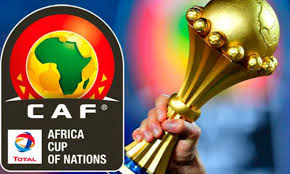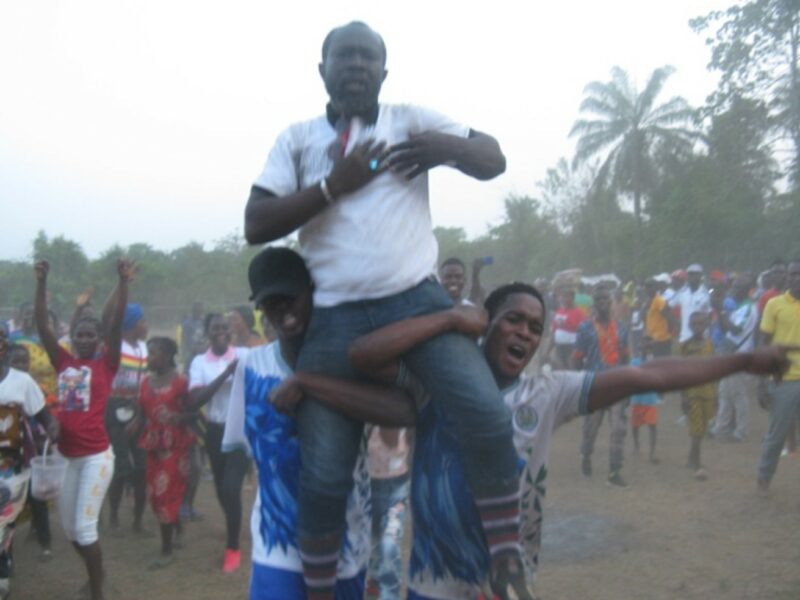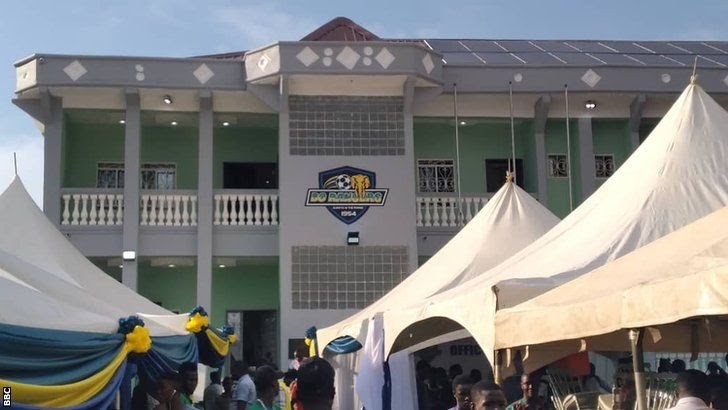The secrets of the world’s most successful football school
“Good God,” murmurs the visiting scout from an English Premier League club, his hungry eyes fixed on the pitch and his jaw practically scraping the grass.
We’re standing on the touchline of arguably the world’s most successful football academy, at the end of a dirt track beside a rather murky lagoon on the scruffy outskirts of Abidjan. On the immaculate training ground, 22 barefoot 12-year-old boys are playing what even I can tell is the most dazzling, intelligent, agile football.
“I expected good technique,” says the English scout – who insists that I not mention the name of his extremely famous club. “What surprised me is how tactical they are – how aware of space. They’re extraordinary,” he says.
Nearby, Walter Ammann, the Swiss director of Asec Mimosa’s Academy, is smiling serenely. “This is paradise, eh?” he says, looking around him.
Kolo Toure, Emmanuel Eboue, Salomon Kalou, Didier Zokora, Yaya Toure… the list of international stars to have emerged from Asec Mimosa’s Academy is remarkable. But why should one club, and one country have had so much success?
Mr Ammann talks with enormous pride of how the academy nurtures the children. “We try to protect them, and to teach them responsibility, to help them to become men. Some of the boys come here and they can’t even read or write.”
But Mr Ammann then moves on to talk in more general terms about African “attitudes,” how “African bodies are different,” and about the rhythmic training that he’s introduced at the beginning of every day.
Sven-Goran Eriksson, the former England manager, takes a similar line – up to a point. He’s visiting the club during a flying visit to the country, having just agreed to take charge of Ivory Coast’s World Cup team.
“I suppose this is the most successful academy in the world if you look at all the players who started their careers here,” he says. “Africans are strong, physically, naturally strong and quick. Obviously there is a lot of talent in this country. But this academy is top quality, for Africa, and in the world.”
The visiting scout takes a more prosaic view. He points out that the children at the academy train for at least four hours every day. “That’s simply not possible in England. The sun shines all year round here. English kids finish school at three, then it’s dark an hour later. They’re lucky if they get a couple of hours football a week.”
In keeping with the academy’s protective instincts, I’m only allowed to interview one of the students. “Lots of journalists come here, and we don’t want to turn the boys’ heads,” explains Mr Ammann.
Charles Silue, a 15-year-old striker shows me his locker, papered with pictures of football stars.
“I want to play for Barcelona, then for Manchester United,” he says without a trace of cockiness. And it’s Silue, composed, focused and phenomenally talented, who offers what seems to me the best explanation for Ivory Coast’s reputation as the world’s football factory.
“Many young African players just think about money,” he says. “They focus on that. But here we’re taught to think differently – to be responsible and concentrate on our objectives. Football is my passion. The money will follow.”
Andrew Harding, BBCStay with Sierra Express Media, for your trusted place in news!
© 2010, https:. All rights reserved.







